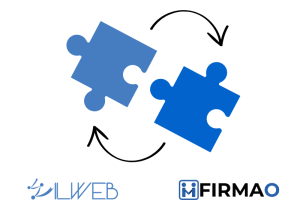
Enterprise Resource Planning (ERP) systems are often considered to be a luxury only affordable by the biggest companies. However, this couldn’t be further from the truth. In fact, ERP systems are essential for businesses of all sizes, from small startups to large enterprises.
What is an ERP system?
An ERP system is a software application that enables companies to manage and integrate their core business processes in a single, unified system. The system can handle everything from finance and accounting to inventory management, procurement, production, and customer relationship management (CRM).
Why is an ERP system essential for businesses?
Here are some reasons why an ERP system is essential for businesses of all sizes:
- Increased efficiency: An ERP system can streamline business processes and eliminate manual tasks, reducing errors and increasing efficiency.
- Improved decision-making: An ERP system provides real-time data and insights, enabling companies to make informed decisions quickly.
- Better collaboration: An ERP system can help teams work together more effectively, improving communication and collaboration.
- Scalability: An ERP system can scale to meet the needs of growing businesses, providing a solid foundation for future growth.
- Increased customer satisfaction: An ERP system can improve customer service by providing a single source of information about customers, orders, and products.
Myth: ERP systems are only for big companies
One of the biggest myths about ERP systems is that they are only for big companies with large budgets. While it is true that some ERP systems can be expensive, there are also many affordable options available, including cloud-based systems that offer a pay-as-you-go pricing model.
Small and medium-sized businesses (SMBs) can benefit greatly from an ERP system, as it can help them manage their operations more efficiently and compete with larger companies. In fact, a recent study found that SMBs are adopting ERP systems at a faster rate than large enterprises.
An ERP system can also help SMBs overcome common challenges such as manual processes, data silos, and inefficient communication. By streamlining processes and providing real-time data, an ERP system can help SMBs make informed decisions and stay competitive in a rapidly changing business environment.
Conclusion
An ERP system is essential for businesses of all sizes, from small startups to large enterprises. It can help businesses streamline processes, improve decision-making, enhance collaboration, scale for growth, and increase customer satisfaction. The myth that ERP systems are only for big companies is simply not true. There are many affordable options available, making ERP systems accessible to businesses of all sizes.




